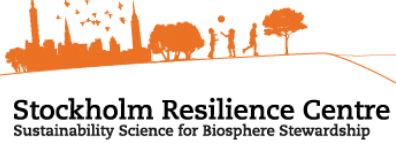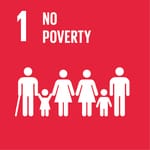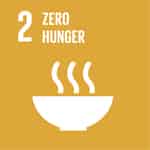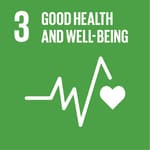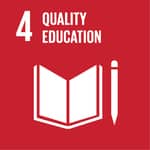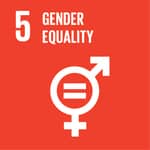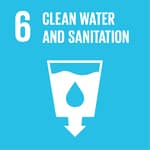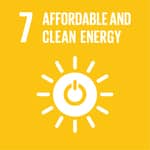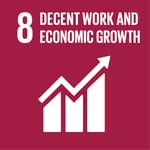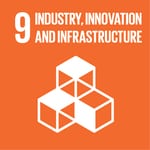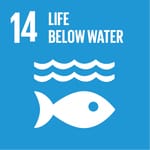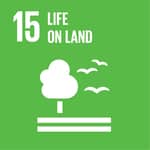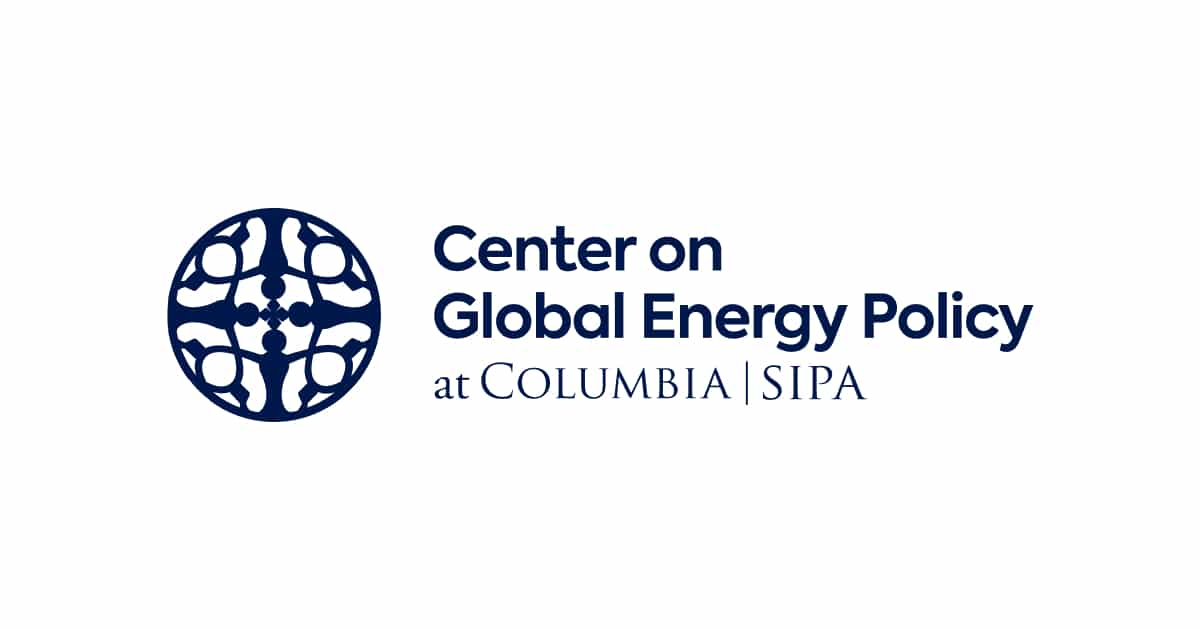It’s addressing the complex challenges facing humanity, envisioning “a world where social-ecological systems are understood, governed and managed, to enhance human well-being and the capacity to deal with complexity and change. It focuses on the advance of research for governance and management of social-ecological systems to secure ecosystem services for human well-being and resilience for long-term sustainability. The center applies and further develops the scientific achievements of this research within practice, policy and academic training. The research is conducted within the framework of “planetary boundaries”—a key concept promoted by SRC. The center is a joint initiative between Stockholm University and the Beijer Institute of Ecological Economics at The Royal Swedish Academy Sciences. It is mainly funded by Mistra, Sweden’s strategic environmental communication, science communication and education.
Current Research Themes:
- Stewardship & Transformation: Explores the “knowledge systems, values, meanings, practices, behaviours, and governance arrangements that can contribute to fair and just sustainable futures”
- Interacting Complexities: Aims to “advance understanding of how to address complex sustainability challenges by drawing on different complexity perspectives.”
- Food for Resilience: Studies the ” prerequisites for and pathways to sustainable and resilient global food systems.”
- Anthropocene Dynamics: Explores the “explores the implications of living in a time where humans are the main force for change on the planet.”
- Resilience and Sustainable Development: Addresses the “challenges and the diversity of trajectories associated with sustainable development for all in the context of the Anthropocene.”
- The Human Ocean: Aims to “shape new and emerging research frontiers to produce the best possible science for a more sustainable and equitable future for the ocean.”
Education Programs:
- Interdisciplinary undergraduate and graduate courses
- Masters in Social-Ecological Resilience for Sustainable Development
- PhD program in sustainability science in addition to courses, seminar series, and workshops for postgraduates
- Executive program in resilience thinking designed to help companies identify new business opportunities, define priorities, and accelerate action
Projects:
- Planetary boundaries – A framework which “presents a set of nine planetary boundaries within which humanity can continue to develop and thrive for generations to come.”
Publications:
- Annual reports + SRC 10 years report for their anniversary
- Research news and news & events
- Extensive library of 1000+ books, policy brief, journal articles, proceedings, papers, reports, etc.
- SwedBio: The Centre’s knowledge interface
- EAT: The Centre’s global platform for food system transformation.

